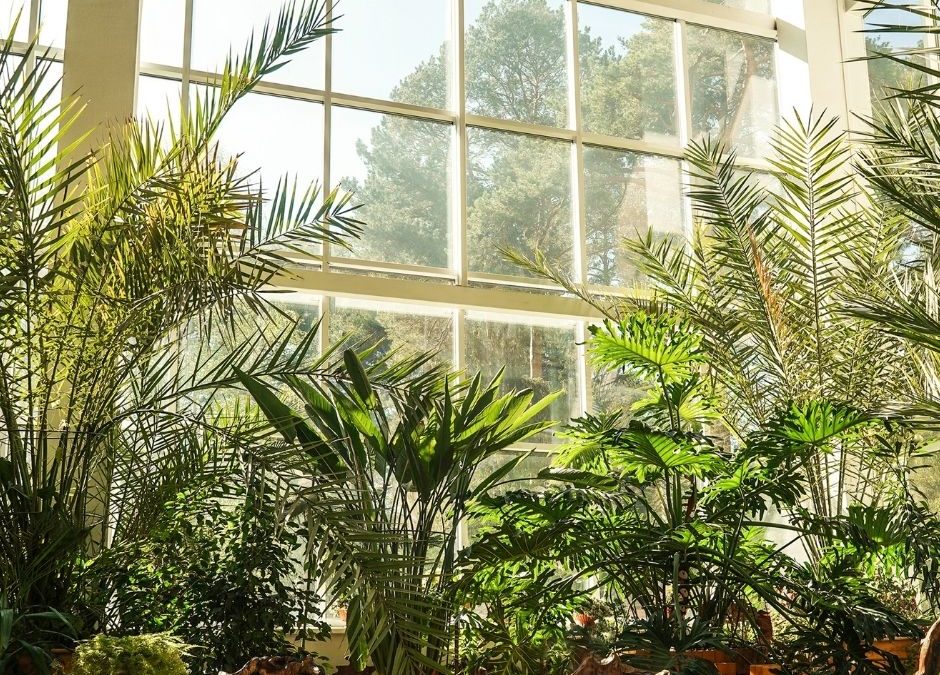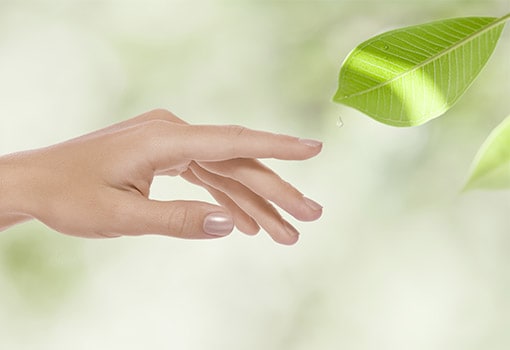What is biophilia? It’s a word that literally translates to “love of life.” Biophilia is a term to describe what most of us know and understand – that as humans, we all have a natural desire to interact with other forms of life like animals, plants, and nature.
benefits of biophilia
Why should we care about biophilia? Well, nature is fundamentally restorative to humans. Scientific studies have shown that immersing yourself in nature benefits your mental well-being and physical health. It’s a natural stress reliever and mood-booster, that is also 100% free!
Greenery encourages faster healing, which is why many hospitals incorporate it into their interior designs. Studies have found that bringing plants into offices improves employees’ cognitive performance, memory retention, and productivity.
Since most of us spend 90% of our time indoors, it’s even more important to create positive environments around us. Imagine an office with lots of natural light, plants, and flowers surrounding you, with a large window overlooking a park. Now compare that to a stuffy, windowless office with harsh fluorescent lighting and nothing to look at except bare white walls. You would probably be much happier and more productive working in that green office!
biophilia in practice
How do you create or get biophilia? By integrating nature into lived environments and urban spaces (often called biophilic design).
Do this by bringing nature directly into the space in the form of plants, animals, water, light, scents, breeze and other natural elements. There are also indirect experiences, such as images, patterns, and shapes of nature, as well as natural materials in decor and furniture.
This can be on a large scale, such as in buildings and corporate environments; e.g. green walls, vertical gardens, fountains, and skylights. Or, it can be on an individual scale in your home with indoor plants or gardens or playing nature sounds.
However you choose to do it, incorporating biophilia will improve the environment around you!
Sources: NRDC.org, Psychology Today













